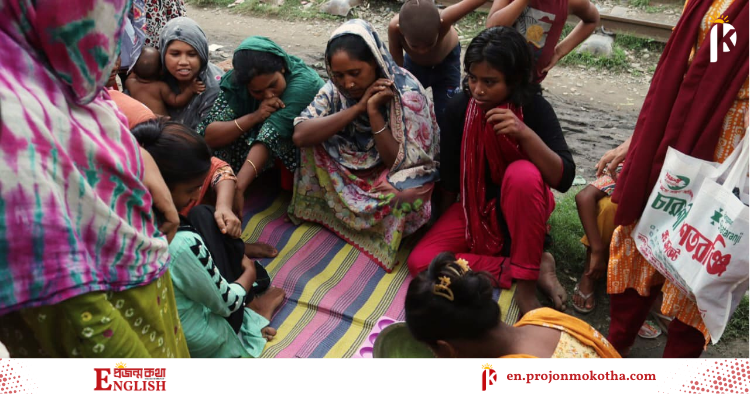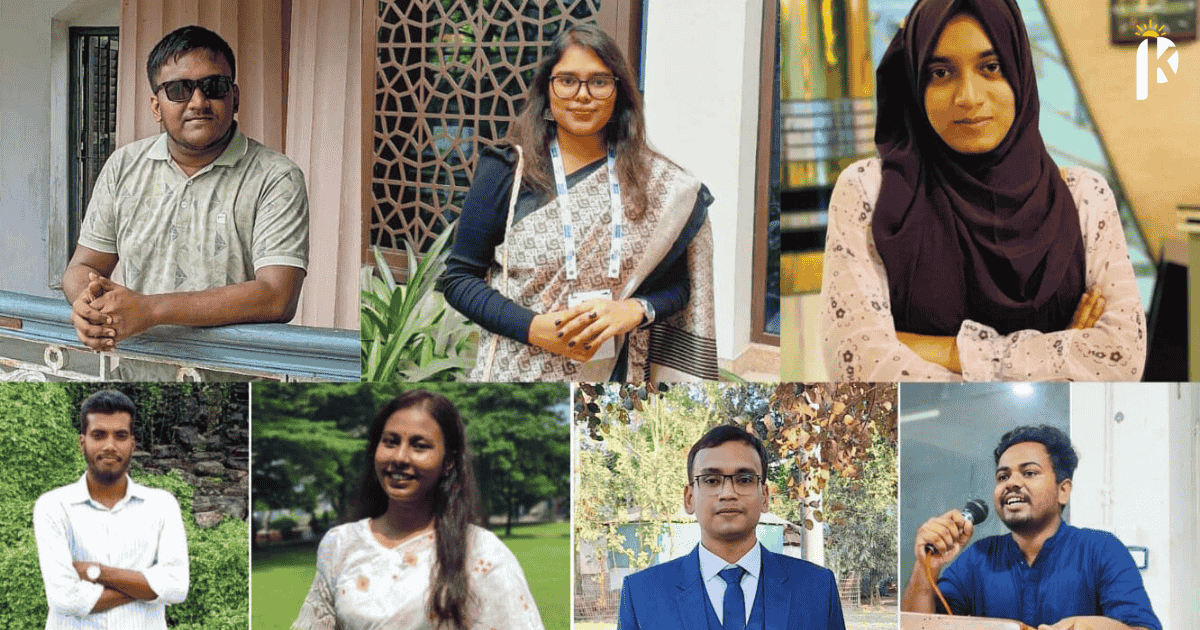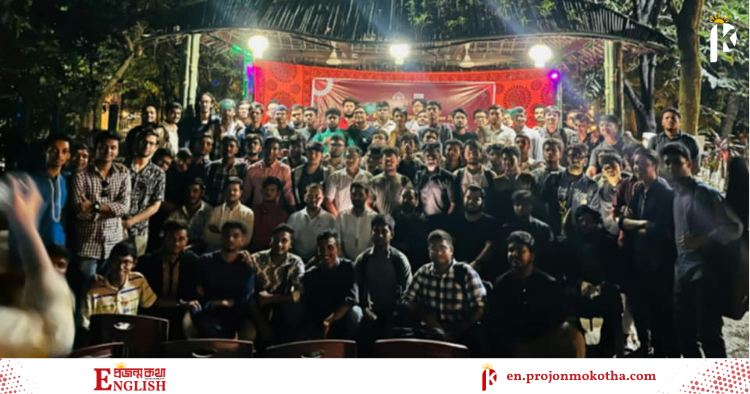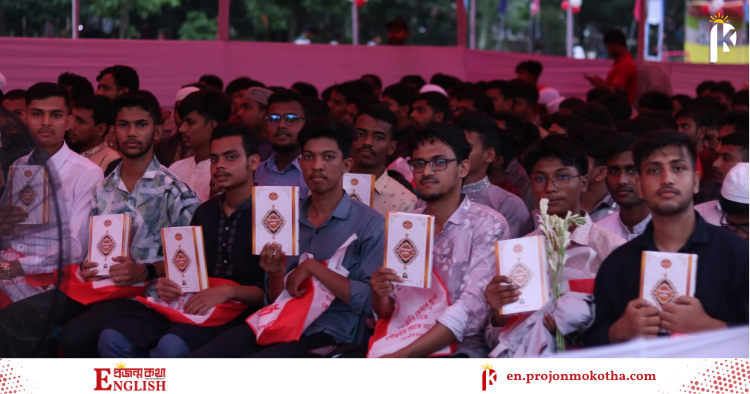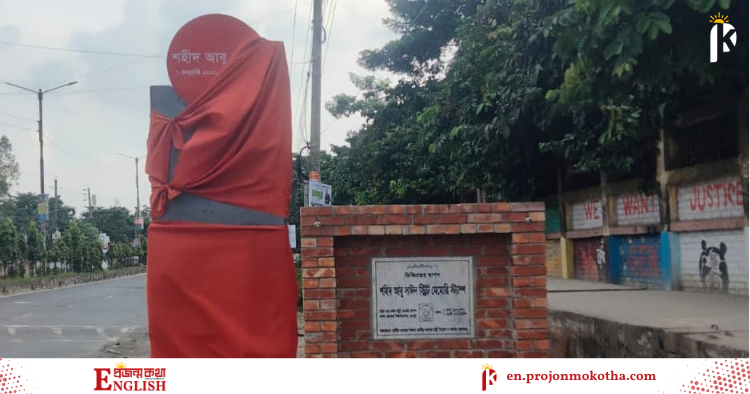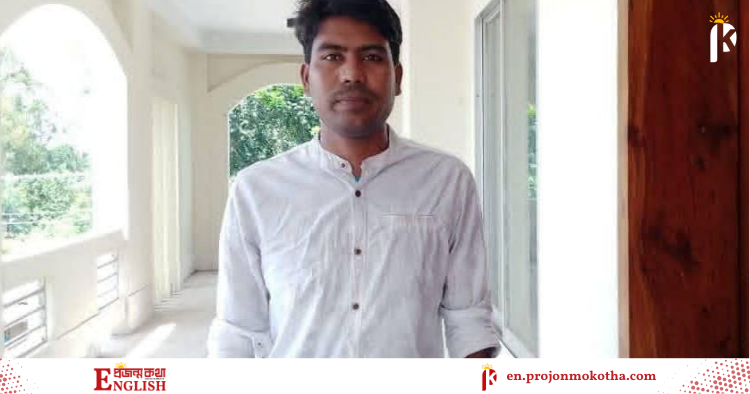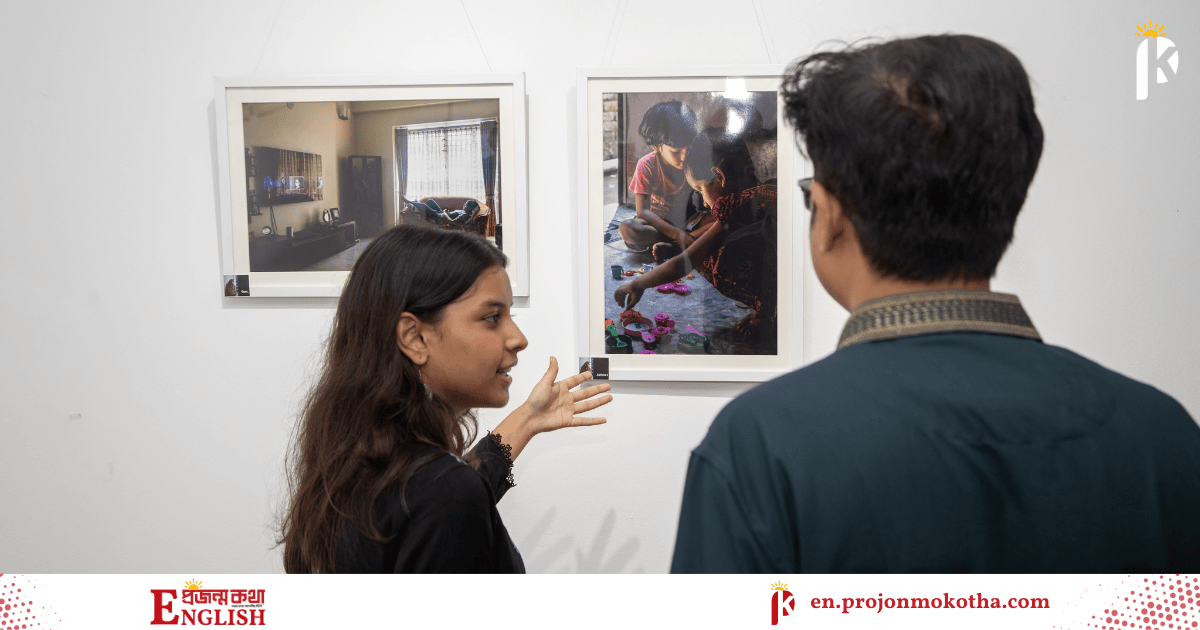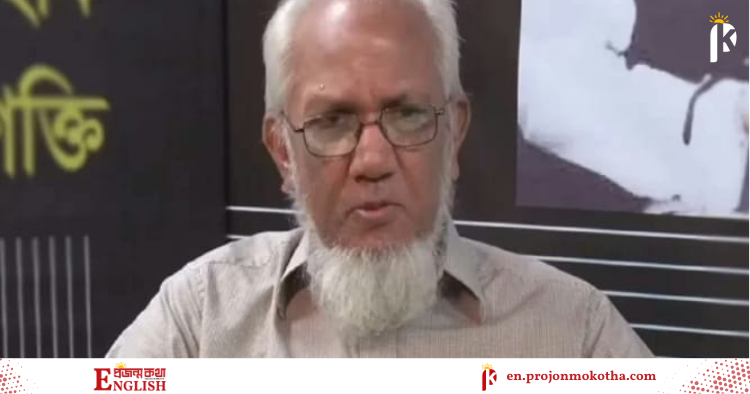How ‘Project Swaccho’ Is Becoming a Light for Underprivileged Women in Rangpur

- Publish : 11:04:06 pm, Sunday, 31 August 2025
- / 21
“Before, we didn’t have the habit of washing our hands with soap before eating. Now I understand how germs spread in the body. With the help of ‘Project Swaccho,’ we are using soaps made by ourselves—much better than the chemical-based ones available in the market,” said Nargis Begum, a resident of Rangpur’s railway colony.
With the aim of making disadvantaged women self-reliant, seven enthusiastic students of Begum Rokeya University, Rangpur (BRUR), recently launched a small but powerful initiative called Project Swaccho. Nargis Begum was among the first batch of women trained under this project.
The initiative began with 10 underprivileged women from the Lalbagh railway colony in Rangpur, a community where thousands of marginalized families reside. Over two months, the project trained them in eco-friendly soap production while simultaneously raising awareness about hygiene and health practices.
The initiative is driven by seven students of BRUR: Most. Muntas Tamanna, Most. Atika Banu, Md. Munirul Islam, Rakibul Hasan Munna, Trisha Kundu, Rupa Chakraborty, and Sathi Rani.
Under their guidance, the trainees learned to produce and market handmade soaps using natural ingredients. Beyond income generation, the project sparked a culture of hygiene awareness among the community. In effect, Project Swaccho has become a “beacon of light” for the 6–7 thousand disadvantaged residents of the colony.
Notably, the soaps—made with neem, aloe vera, turmeric, and other natural elements—have already gained traction in both local and online markets. Though funded entirely by the students themselves, the initiative has created fresh possibilities for women’s self-reliance, according to local economic observers.
Morsheda Akter, another trainee, shared her experience:
“Through Project Swaccho, we learned how to make soaps using natural ingredients. I believe this will help us become self-reliant.”
She added, “The training also made us aware of health practices. Now, our families are more enthusiastic about maintaining basic hygiene.”
Reflecting on the journey, team member Trisha Kundu said,
“To us, Project Swaccho is not just a small initiative; it is a pledge to build a healthy and beautiful society through cleanliness, awareness, and self-reliance. Though we started small, we learned that big changes often begin with small steps.”
She further emphasized, “Our experience in the railway colony has been deeply meaningful. The smiles of the children and the sincerity of the people inspired us to keep going. We realized that people do want to live consciously—they just need a little guidance and encouragement.”
Trisha also expressed hope for the future:
“We believe a clean environment ensures a strong, healthy generation. With collective participation, Project Swaccho will continue toward the cherished dream of a healthier society.”
Another team member, Rupa Chakraborty, added:
“Our goal is to make underprivileged women both self-reliant and health-conscious. We started with 10 women in the first phase, but we hope to expand our activities on a larger scale.”
Academics also praised the effort. Saifuddin Khaled, Lecturer in the Department of Economics at BRUR, described it as a model of social responsibility:
“Project Swaccho is a unique example where education is not confined to classrooms but is applied as a tool for social change. By engaging underprivileged women in producing and marketing natural soaps, these students are not only creating income opportunities but also contributing to women’s empowerment and social inclusion.”
He further noted that such initiatives could foster local-level micro-entrepreneurship, strengthen sustainable development, and serve as “a shining example of innovative leadership” by university students.
In short, Project Swaccho has already proved that with passion, awareness, and community involvement, small steps can indeed lead to meaningful social transformation.



